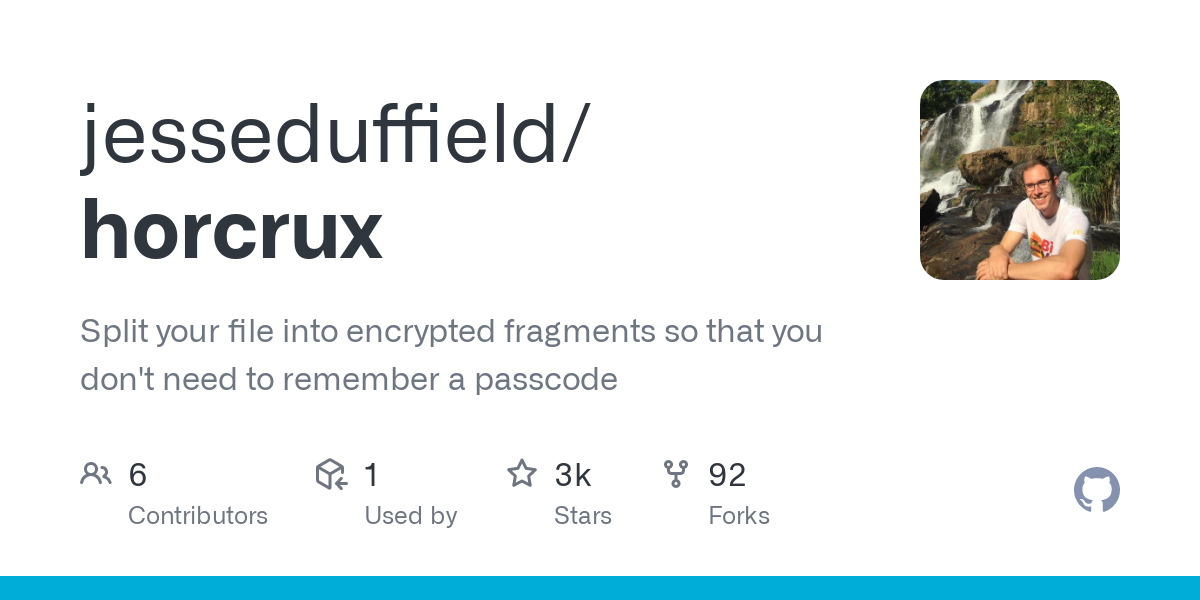- 3 Posts
- 7 Comments

 2·1 year ago
2·1 year agoYou could definitely do clever things to obfuscate what you’re doing, but it’s much easier to replicate building the image as there are no external dependencies, if you have docker installed then you can build any docker image

 2·1 year ago
2·1 year agoWhen you make a docker image and push it to dockerhub all of the instructions it took appear there so it’s very transparent, also super easy for any person to build it themselves unlike executables, just download the Dockerfile and run a single command

 22·1 year ago
22·1 year agoBesides the obvious of telling your users to build the exe, have you considered alternative distribution methods like docker?

 2·1 year ago
2·1 year agoI have the snap installed, for what it’s worth it’s pretty painless AS LONG AS YOU DON’T WANT TO DO ANYTHING SILLY
I’ve found it nearly impossible to alter the base behaviour and have it not entirely break, so if nextcloud out of the box does exactly what you want, go ahead and install it via snap…
I predict that on docker you’re going to have a bad time if you can’t give it host network mode and try to just forward ports
That said, docker >>>> VM in my books

 2·1 year ago
2·1 year agoYes that’s a good comment for an FAQ cause I get it a lot and it’s a very good question haha. The reason I use it is for image size, the base nvidia devel image is needed for a lot of compilation during python package installation and is huge, so instead I use conda, transfer it to the nvidia-runtime image which is… also pretty big, but it saves several GB of space so it’s a worthwhile hack :)
but yes avoiding CUDA messes on my bare machine is definitely my biggest motivation

 8·1 year ago
8·1 year agolollms-webui is the jankiest of the images, but that one’s newish to the scene and I’m working with the dev a bit to get it nicer (main current problem is the requirement for CLI prompts which he’ll be removing) Koboldcpp and text-gen are in a good place though, happy with how those are running


Thanks for the comment! Yes this is meant more for your personal projects than for using in existing projects
The idea behind needing a password to get a password, totally understand, my main goal was to have local encrypted storage, the nice thing about this implementation is that you can have all your env files saved and shared in your git repo for all devs to have access to, but only can decrypt it if given the master password shared elsewhere (keeper, vault etc) so you don’t have to load all values from a vault, just the master
100% though this doesn’t cover a large range of usage, hence the name “simple” haha, wouldn’t be opposed to expanding but I think it covers my proposed use cases as-is